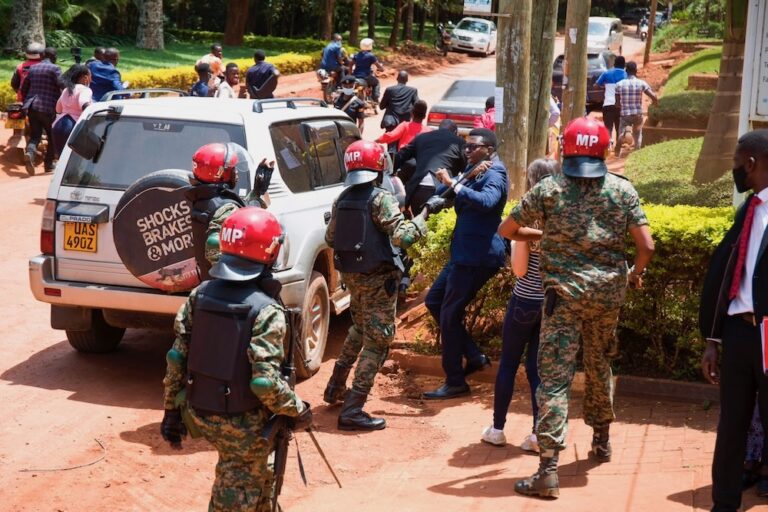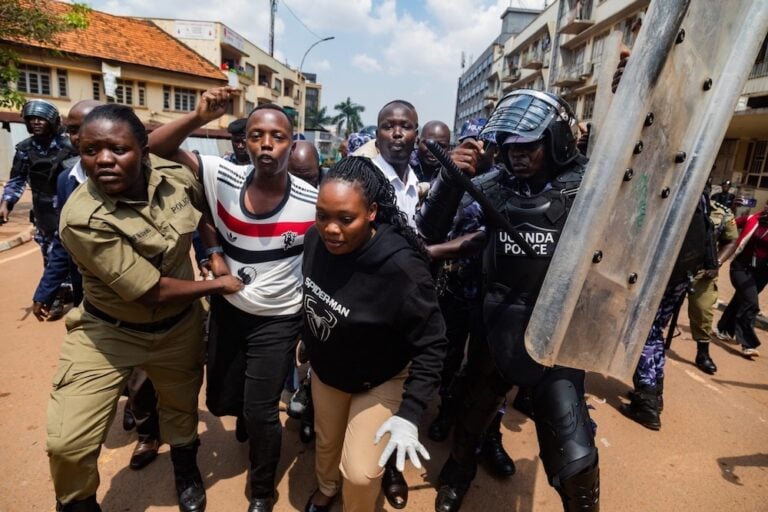"The Quest for Safety and Security in Uganda" shows that the well-being of journalists is threatened by issues including a restrictive legal regime, impunity, and a lack of professionalism among security agencies.
The government’s failure to protect journalists is rendering the journalism profession the most dangerous in Uganda, a report by Human Rights Network for Journalists-Uganda (HRNJ-Uganda) notes.
HRNJ-Uganda is greatly concerned by the worsening trend of the safety and security of media practitioners in Uganda and the government’s reluctance to bring this situation to a halt.
A report on the safety and security of journalists in Uganda – which assesses the trend for the last two years – shows that the well-being of journalists is threatened by a wide range of issues, namely: the restrictive legal regime, impunity, a lack of professionalism among security agencies, infiltration, impersonation, the use of hate speech by politicians including the president, the lack of a minimum wage and a failure to understand the role of media and targeted beatings that have intensified and taken a new dimension. These issues are a major cause for alarm.
The report points out that the volatile nature of insecurity against journalists therefore requires security to be conceptualized in a wider scope than just mere physical protection from harm.
It should stretch to involve the psychological security of journalists in regard to their ability to do journalistic work without the constant lingering fear that they are being watched, or that a mere mistake in execution of their work will be an opportunity for the state to come after them. This security should also be prevalent at the workplace – crafted in a journalist’s semblance or feeling of worthiness to the employer, should anything happen to the journalist.
Also, it was discovered that the emerging trends indicate that despite the fact that the state remains the central actor in relation to the protection and promotion of the rights and freedoms of journalists, the sphere seems to have expanded within this period.
What is now clear is the fact that non-state actors are also increasingly becoming perpetrators of violence against journalists, threatening their safety and security at an unprecedented rate.
The report further reveals that from the use of repressive legal regimes to harass journalists and threaten their security and safety, state agents -especially the police have taken on direct physical attacks against journalists including shootings and attempted shootings.


